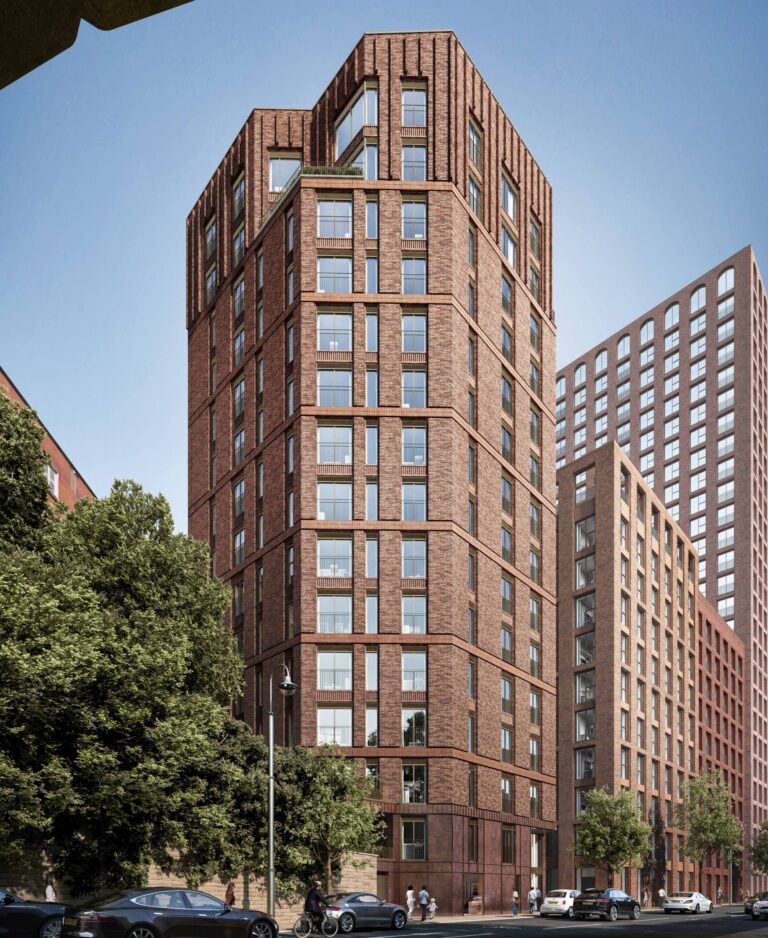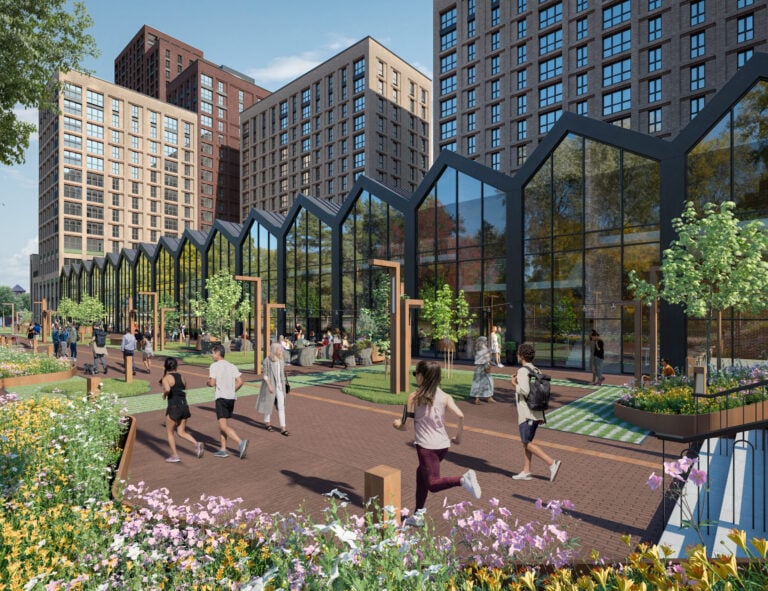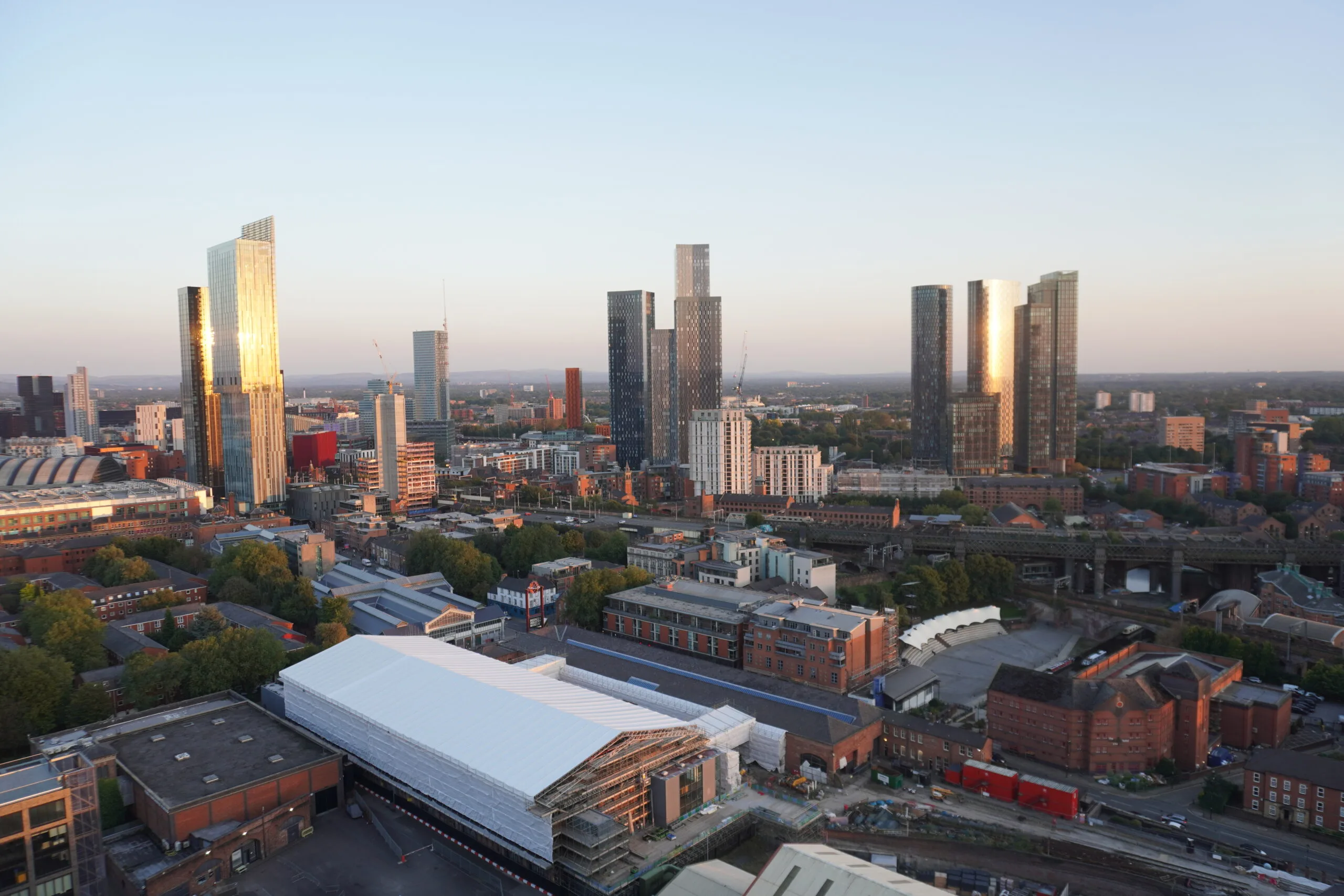Off-plan property can be an appealing option for investors looking to boost their overall returns, and the process is more straightforward than you might think.
Buying a property before it has been constructed comes with a range of benefits to the buyer, while also offering an ideal option for tenants if you’re looking to rent out the property once it’s completed.
Not only can you secure a better price than if you’d bought the finished product, but the value of your off-plan property can even grow while you’re waiting for construction to complete.
Buying off-plan property also means that you’re investing in a new-build, with all the advantages this brings, including higher energy efficiency standards, a 10-year builder’s warranty, and brand-new fixtures and fittings. You may also get the opportunity to choose some of the details of your off-plan property to suit your needs or taste.
Developers will always focus their efforts on prime locations with strong future growth forecasts, meaning off-plan property investors often benefit from high tenant demand and strong prospects whether you plan to keep the property or sell it on.
Off-plan property investment: the process
So how do you invest in off-plan property? Thanks to its growing popularity, the process has become more streamlined in recent years – particularly if you enlist the help of an experienced property investment consultant.
1. Consider your mortgage needs
A growing number of lenders have begun offering products geared towards off-plan property, with the opportunity to extend the mortgage offer beyond the standard six months if construction runs over. You should find out how much you can borrow, and consider using a broker to find you the best deal. You may also be able to make use of products that offer cheaper rates for energy efficient purchases, which would include most off-plan property.
2. Decide what your aims are
Whether you’re looking to live in the property yourself, or rent it out as a long-term investment, you should make sure your goals are clear before you buy an off-plan property. If it’s an investment, you should also think about whether a good rental yield is a priority for an ongoing income, or whether you’d prefer to focus on capital growth over time. In some cases, both high rental yields and strong capital appreciation can be achieved, particularly when choosing a top-performing location.
3. Choose the right development – then the right unit
It’s vital to find the best project to work for you. For example, if it’s purely a rental property you want, you could choose to invest in a build-to-rent development. One of the benefits of getting in early is also getting the top pick of units available, so you can get the most desirable view or the best floorplan to attract more future tenants.
4. Pay your reservation fee
After agreeing a price, you need to pay your reservation fee, which takes the property off the market and goes towards the purchase of the property. You also need to fill out a reservation form.
5. Appoint a solicitor
Ideally, you should choose a solicitor who has experience of off-plan property purchase, or even knows about the particular development in order to make the process smoother. The exchange process usually takes around three to four weeks, but you should allow for it to take longer than this as conveyancing processes can vary.
6. Exchange contracts
At this point, you’ll normally have to put down a deposit of 10% of the purchase price, minus the reservation fee you’ve already paid. Then, depending on the development and what agreements you’ve come to, you may make further, staged payments before completion.
7. Watch your property take shape
Now you can watch and wait as the building goes up. The developer or property investment consultant should send you progress reports or construction updates to keep you in the loop, and keep you informed should there be any delays or setbacks.
8. Finalise your mortgage (if using one)
This will be done with the help of your solicitor, just like with a normal property purchase.
9. Completion
When your property is ready, you’ll be sent a completion notice telling you how long you have to complete on your purchase, which is usually about two weeks. This is when you can let your mortgage company and solicitor know, and then they can do the rest. On the day of completion, it’s time to pick up your keys! The next steps will depend on what you plan to do with your off-plan property investment; whether that’s putting it on the market for a higher price than you paid for it, or listing it for tenants so you can begin to bring in rental yields.










